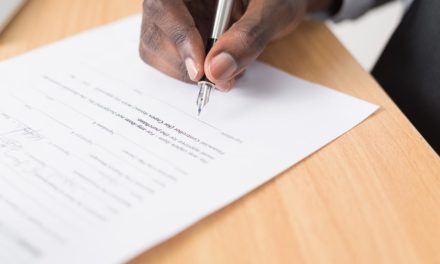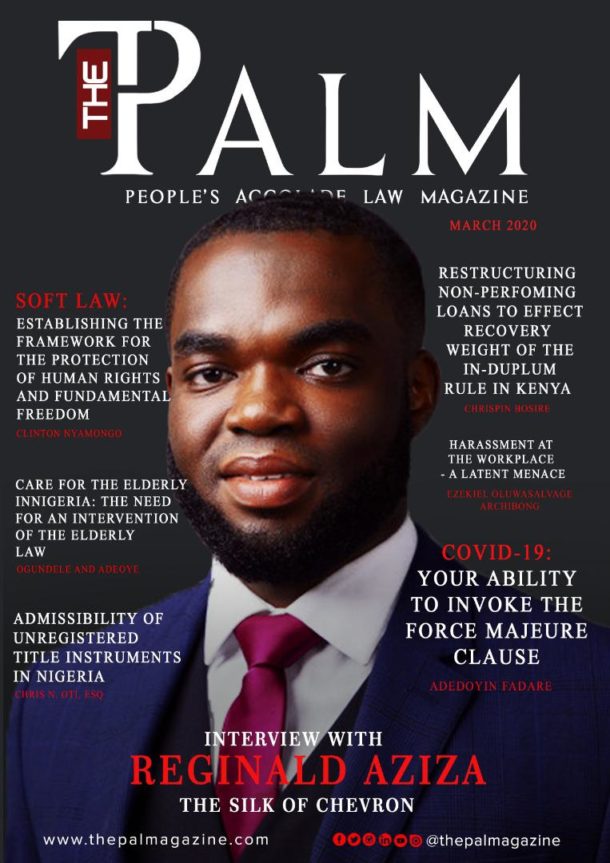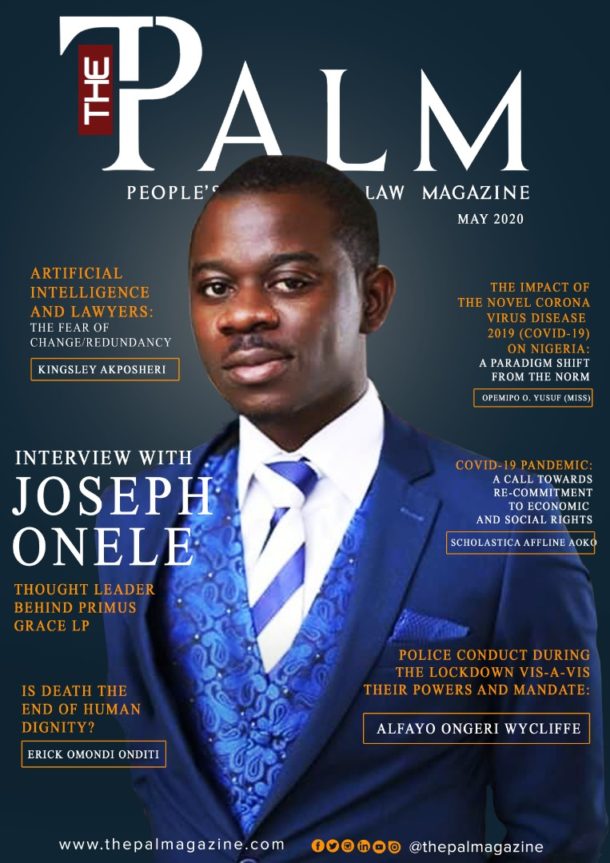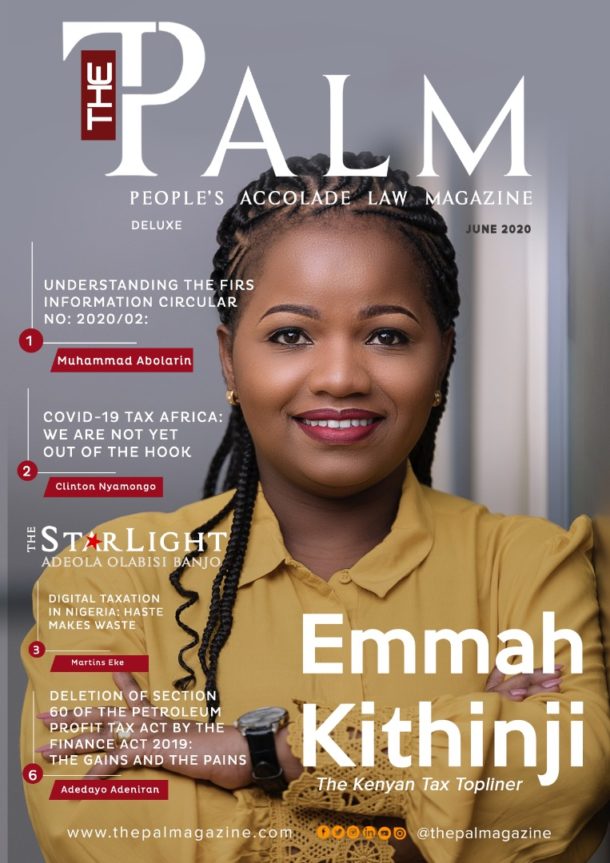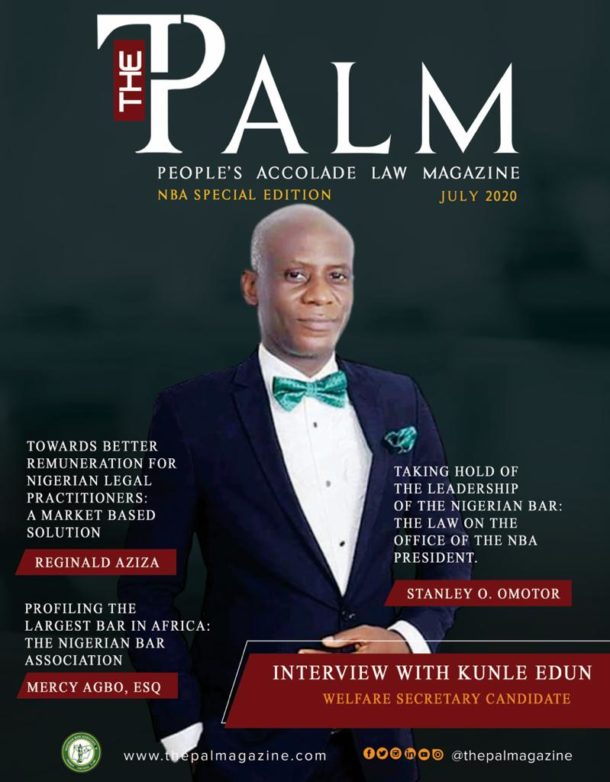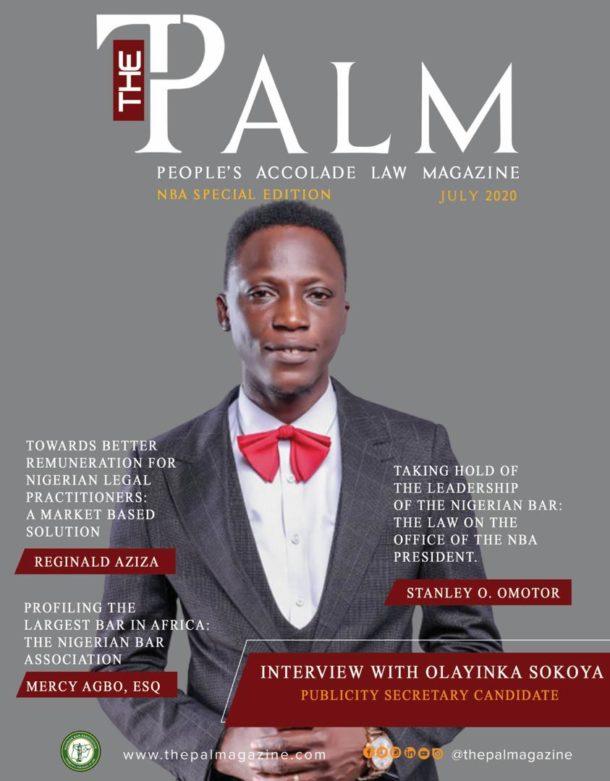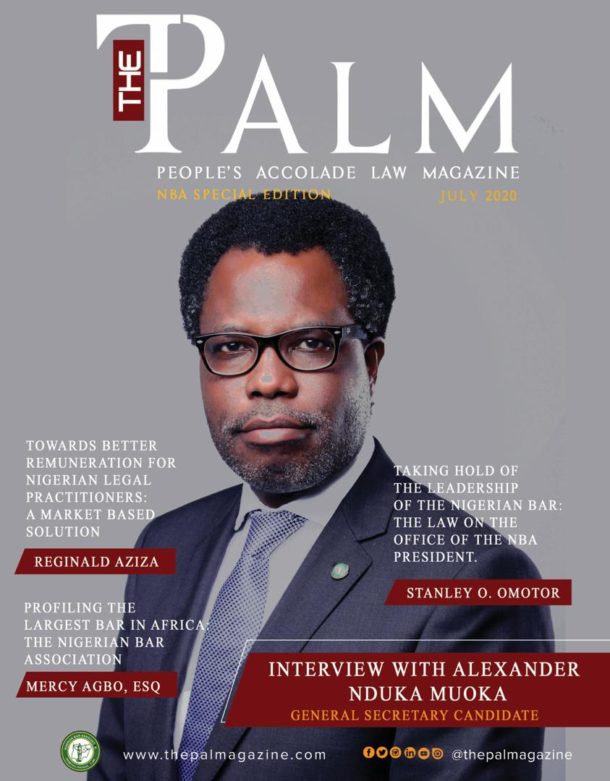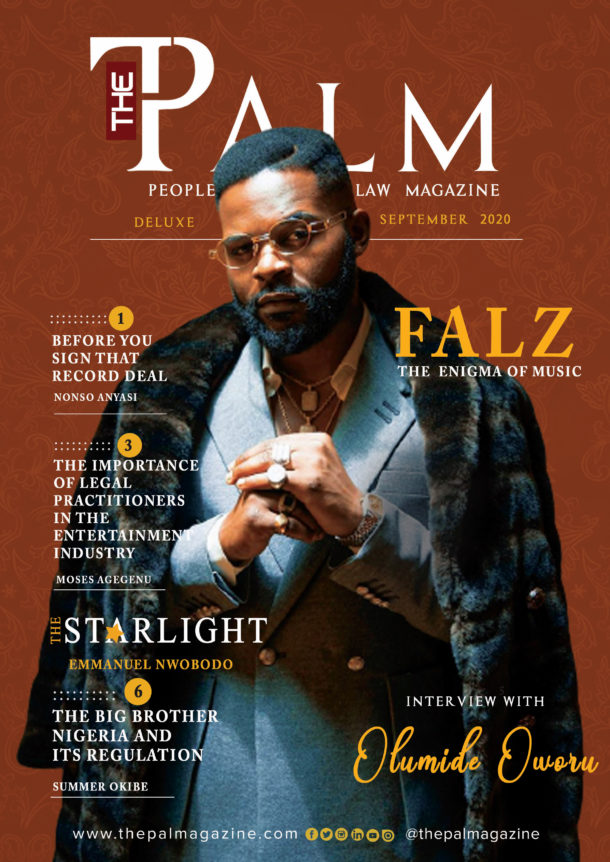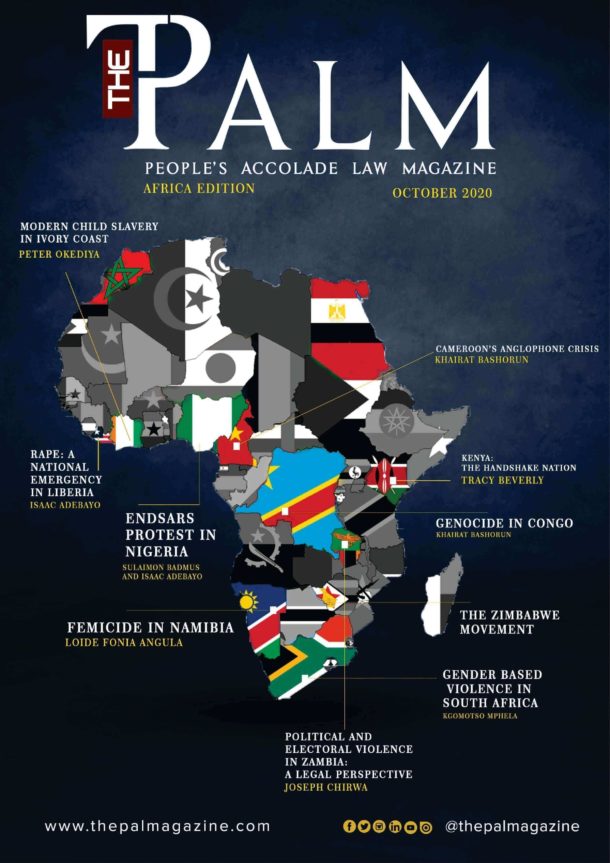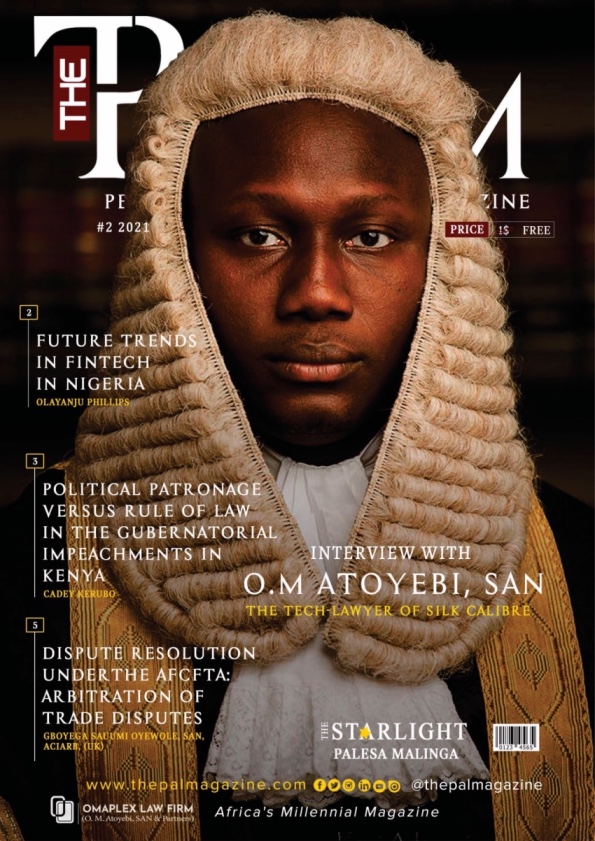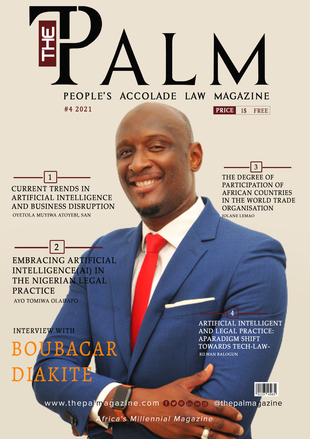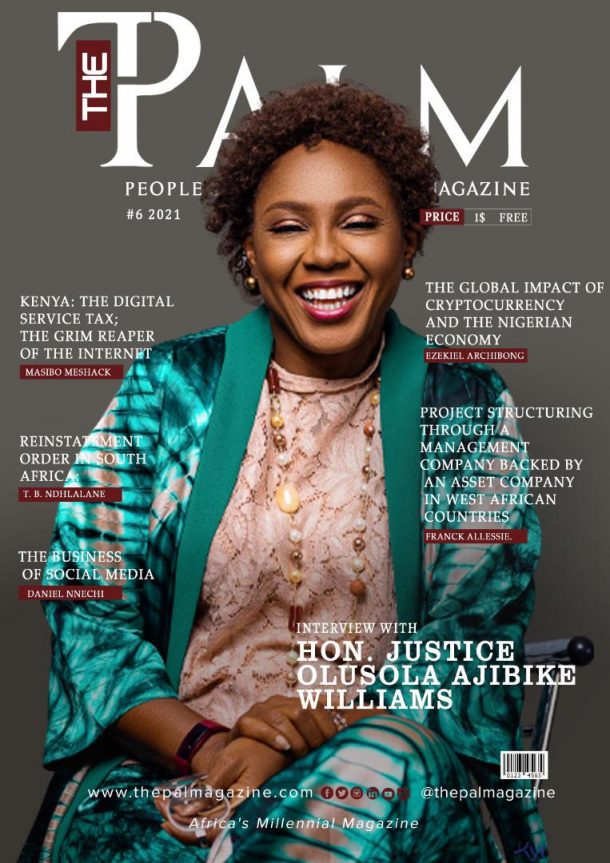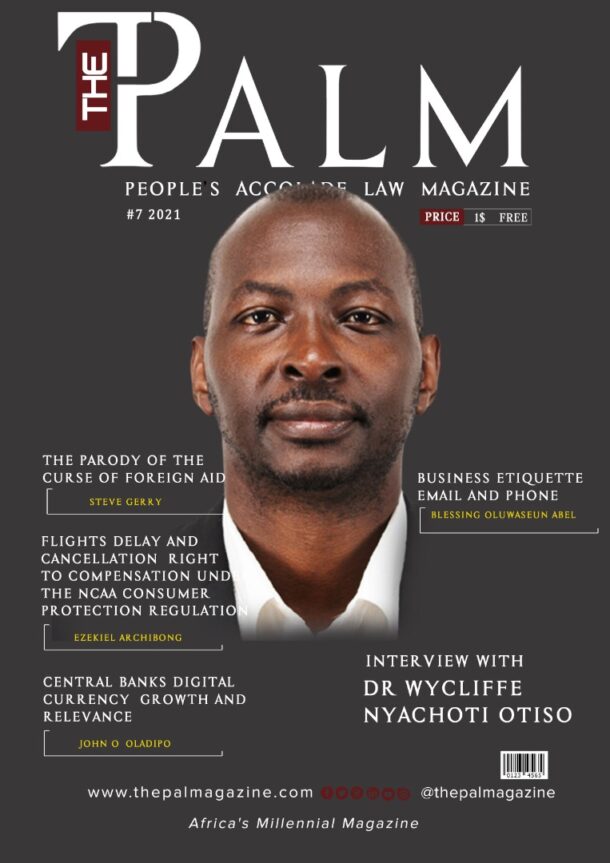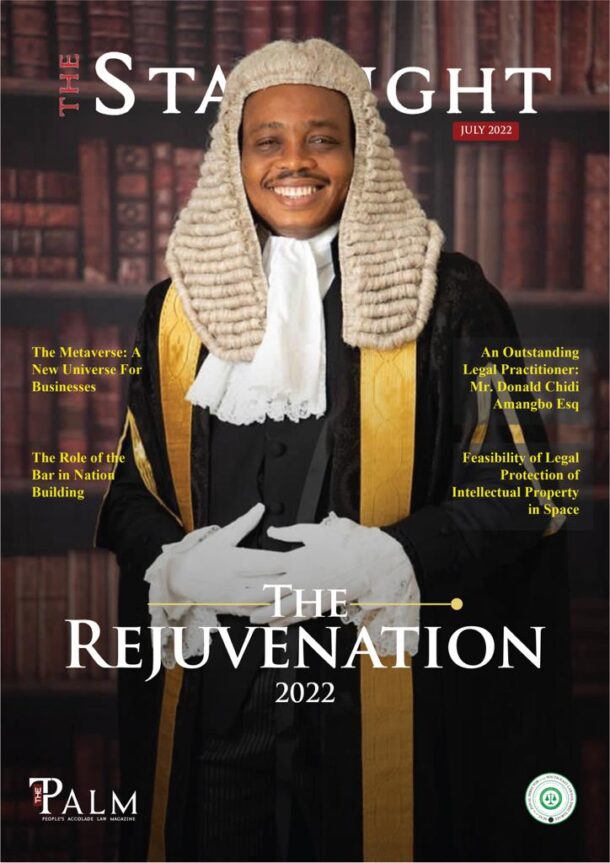Dispute Settlement in the WTO serves as one of the organization’s core activities. The aim of the dispute settlement mechanism (DSM) is to secure a positive solution to a dispute, where there has been a violation of a member government against the other. The provisions for formal dispute settlement mechanisms under the understanding of rules and procedures governing the settlement of disputes stands as the art, the crown and the jewel of the WTO. To date, over 600 disputes have been lodged before the dispute settlement body (DSB), leading to the establishment of over 140 panels and the adoption of 218 panel/appellate body reports. What statistics fail to show in this regard is the miniature percentage covered by the African countries in the dispute settlement. Although African countries form a vast majority of the WTO membership, they have not made use of the dispute settlement mechanism. Could this mean their trade stays unaffected by the protectionist trade policies of their developed counterparts?
Taking a glance at the WTO panel/AB reports, it is quite apparent that the developed countries such as the European Communities and the United States are at the forefront. It has been argued in particular that, these countries employ the DSB to achieve their aspirations in international trade. This arises from their higher volumes of trade and retaliatory capacity to threaten weaker respondents from pursuing disputes against them. As of today, African countries which have participated in the dispute settlement have done so only as third parties and not as complainants. A limited number of cases have been initiated against Egypt and South Africa. Speaking of a continent with 54 countries, 42 of which are members of the WTO, this is a catastrophe.
Among other reasons as to why there is such a slow and poor engagement of African countries in the WTO DSM, a large number of African countries ascertain that they are unable to afford services offered by the international law firms or they are not members of the Advisory Centre on WTO Law (ACWL). The ACWL is an intergovernmental organization that provides free advice and training on all aspects of WTO law, as well as assistance in WTO dispute settlement proceedings, to developing countries and least developed countries (LDCs) that are members of or are in the process of acceding to the WTO. LDCs that are members of the WTO or in the process of acceding to the WTO are entitled to the services of ACWL without having to become members of the ACWL. The question of why countries chose not to use ACWL’s low-cost services remains unanswered. It is however suggested that exporting firms already have established relationships with their private law firms so that proceedings with these firms instead of beginning a new relationship… click here to continue reading



